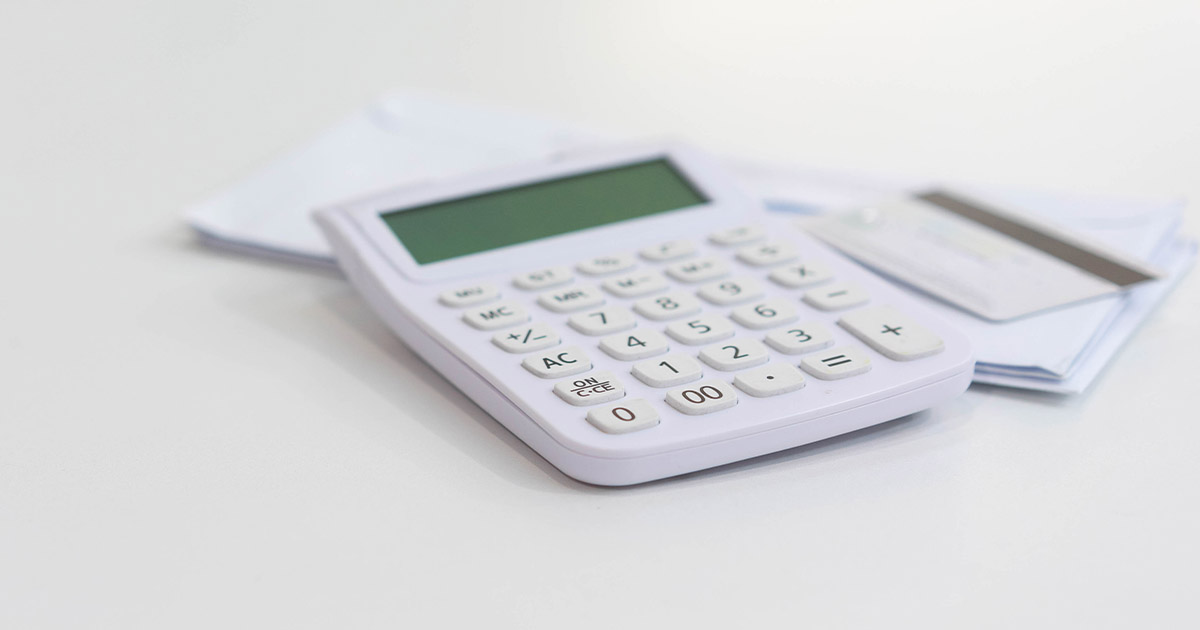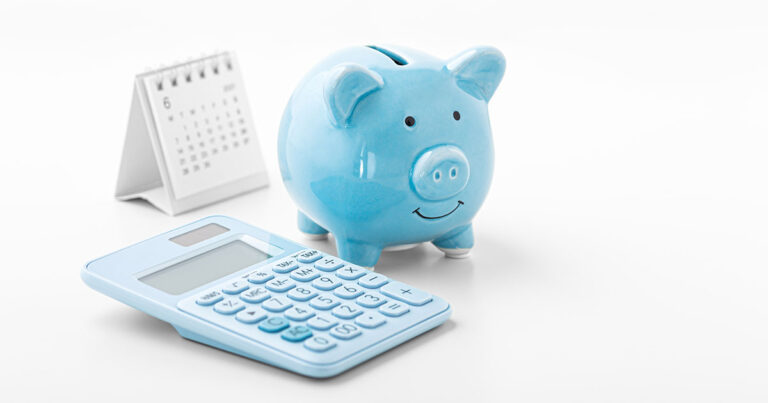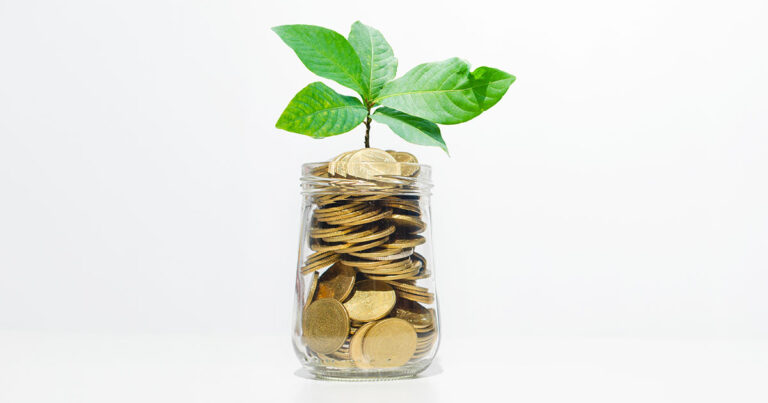7 tips to maximise your tax refund in Australia

This article covers:
Doing taxes is agreeably a “taxing” chore. But a little time spent now to look over your finances can go a long way in helping save money and reap the benefits of deductions sooner.
Mark Chapman, Director of Tax Communications at H&R Block, a leading tax preparation company operating in North America, Australia, and India says, “The main advantage of taking action now was so you can get your money back from tax deductions sooner.”
The Australian Taxation Office has billions of dollars in its kitty to hand back to taxpayers. All you need to do to improve your refund is to think a little creatively. The ATO is equipped to detect an undeclare wage, bank interest, share dividend or any other income.
Unfortunately, it has no way of informing you about a forgotten deduction for work-related expenses, investment costs or other items.
While some of us have tax consultants to help us out with the chore, here are a few tips to get creative with your tax return (and not break a law in the process!)
1. Claim All The Deductions You Can
Tax deductions are the single easiest and the most prevalent way to get a higher tax refund is to claim a deduction for every expense that is work-related and that your employer has not already reimbursed you, you are legally entitled. These expenses include:
- Vehicle and travel expenses – including travel between work and home
- Clothing, laundry and dry-cleaning expenses
- Mobile phone, internet and home phone expense
- Self-education expenses
- Tools, equipment and other equipment
- Other work-related deductions
You might be interested in: Average salary in Australia in 2024 – The ultimate guide
2. Save Your Receipts
At tax time, we spend hours tracking down receipts for purchases made over the last 12 months. This is not only a waste of time but also a probable loss of hundreds or even thousands of dollars in a tax refund. So, grab folders, label them and save every relevant receipt.
Whenever you make a work-related expense, keep your receipt and put it in your tax folder.
If you work from home, even only occasionally, save invoices for the phone, power, water, internet and office supplies. And be sure to keep a diary about how much time you spend working at home.
Have you invested in a property? Keep the receipts of your payments.
Donated to a charity? Put the receipts into a folder.
Driving for a work meeting? Write down your dates and mileage in a logbook or diary, just don’t include to-and-from home.
If you aren’t sure whether an expense is deductible or not, save that too! Your tax consultant should be able to advise you.
3. Make Charitable Donations
Lower your tax bill and assist a good cause at the same time! Donating $20 to a charity or $10 on a book might not seem like much at a time, but each of such small purchases across 12 months can add up to hundreds of dollars. You can claim a deduction for anything over $2. Just be sure to save the receipt!
4. Prepay Your Bills
While it’s more convenient to pay your bills weekly or monthly, it’s better if you can pay some bills like union fees and professional subscriptions in a lump sum. Since you claim a tax deduction this year for expenses which wholly or partly relate to next year, it will not only help you reclaim these expenses earlier, but you will also receive a higher refund in the current year.
5. Put Money Into A Super Fund
This is especially beneficial for couples where one member is either not working or earns less than $40,000, inclusive of super contributions and fringe benefits, and can use super contributions to reduce the tax paid by the other partner.
The partner having the higher income can contribute up to $3000 to the non-working partner’s super fund and claim a tax offset of 18 per cent, which equates to $540.
Those working on low wages can also put extra money into their super and for each $1 contributed to super, the government will contribute 50 cents.
Anyone earning up to $45,000 can benefit if they put extra money into super.
You might be interested in: How to open a bank account in Australia for non-residents
6. Sell Off The Loss-Running Investments
If you have earned from investments or have sold some shares, you’ll have to pay some tax on them. The best way to minimise the tax amount is by getting rid of any assets that are sitting at a loss. The “capital loss” can be offset against the “capital gain”. But be careful if you plan to sell shares sitting at a loss and then buy them back in the new tax year as the ATO had issued a tax ruling to cancel any tax benefits in such situations and apply appropriate penalties.
7. Review Your Health Insurance
It’s time to check what illnesses and services you’re covered for, whether it’s worth being covered at all or whether you should change insurers. If you are to claim the private health insurance premium as tax offset when you lodge your tax return, it makes sense to make it worthy.
Before you go…
While you’re sorting out taxes, don’t forget another expat essential—sending money abroad.
![]()
Let Instarem be your go-to on this journey. Here’s why:
- Quick Setup: No paperwork, no hassle—open an account online in minutes.
- Expat-Friendly: No minimum income or employment proof needed, perfect for newcomers and short-term residents.
- Global Transfers: Send and receive money internationally with great rates and no hidden fees.
- Mobile Convenience: Manage everything through our easy-to-use app, no need for branch visits.
- InstaPoints: Earn rewards with every transfer and save on future payments.
If you decide on this digital route and explore what Instarem has to offer non-Australian citizens, we’re ready to assist you every step of the way. Download the app or sign up today!
*Disclaimer: This article is intended for informational purposes only. All details are accurate at the time of publishing. Instarem has no affiliation or relationship with products or vendors mentioned.



























